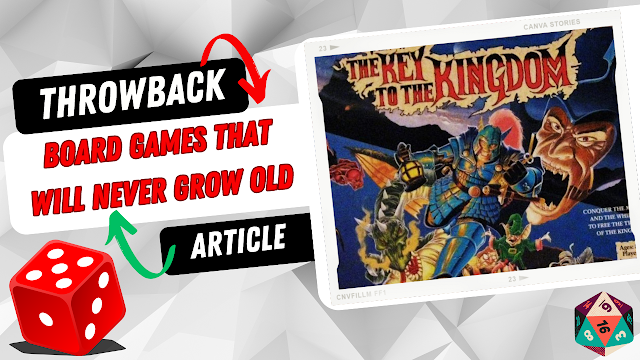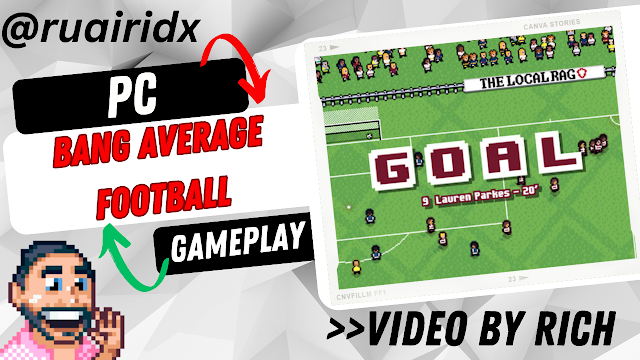Developer: JMJ Interactive
Platform: Nintendo Switch
Review by: Gareth ‘GazChap’ Griffiths @GazChap
The first thing that crossed my head when I was asked to review this cute little puzzle-platformer from JMJ Interactive was “Domo arigato, Mr. Roboto” – I’m reasonably sure that this was intentional on the part of the developers, but if it wasn’t then I can only ask “and why not?”
That famous line from the Styx song literally translates as “Thank you very much, Mr. Robot” and, perhaps somewhat ironically, this game puts you in the role of a robot (or two) aboard a spaceship, tasked with shutting down other malfunctioning robots to receive no thanks whatsoever from the crew of said spaceship.
The game plays in a similar manner to the age-old arcade masterpiece, Bubble Bobble. In the Taito classic, you had to breathe a bubble at an enemy, which would then render it harmless while it floated up to the top of the level, and you had to pop the bubble to kill the wee beastie and collect the fruit. If you couldn’t get to it, eventually the bubble would pop of its own accord and the enemy would be free to roam again.
In Robbotto, you fire an electrical charge at the enemy robots, which electrifies it for a few seconds. While it’s electrified, you then need to go over to it and squirt water over it to disable it. After all the enemy robots have been disabled, an “exit portal” appears that takes you to the next level, and pickups appear by each enemy that give you a point boost.
At the end of each set of 10 levels you must face a boss robot, often with other robots or other nasties on the screen to contend with at the same time. Destroy the boss robot and you can move on to the next chapter.
Contact with any of the enemies results in an instant loss of one of your lives – even while they’re electrified. The only safe robot is a disabled robot.
There are 100 levels in total, with 20 different types of enemies. The starting enemies are simple to beat, but as the game progresses the game becomes less of a standard platformer and more like a puzzle game, as you must try and work out the best way to disable the robots without getting hit.
In terms of gameplay, it’s a decent little arcade style romp. The controls are responsive, and the various gameplay elements work nicely. If I had to complain about something, it would be that the movement of the player characters is a little slow for my liking, and each set of levels could do with a bit more variety as far as the enemy types go – at least towards the start, where I found myself starting to get a little bored until I reached the later levels where things get mixed up a bit.
The graphics are fit for purpose, but to my eye lack the polish of some other recent indie efforts. The developers have obviously gone for a clear “retro” feel and it all looks very 8/16-bit era, but there are dark pixel outlines around many of the sprites which spoils the “clean” look to a degree. The level graphics and the backgrounds for each map are also a bit uninspiring, but not so much that it’s off-putting. There’s not much in the way of “juice” to add to the game-feel, which could be hugely improved with a little bit of screen-shake when a robot is disabled, for example.
The graphics are fit for purpose, but to my eye lack the polish of some other recent indie efforts. The developers have obviously gone for a clear “retro” feel and it all looks very 8/16-bit era, but there are dark pixel outlines around many of the sprites which spoils the “clean” look to a degree. The level graphics and the backgrounds for each map are also a bit uninspiring, but not so much that it’s off-putting. There’s not much in the way of “juice” to add to the game-feel, which could be hugely improved with a little bit of screen-shake when a robot is disabled, for example.
However, a definite plus point in Robbotto’s graphical style, and one that is often overlooked by developers, is that each enemy has a “tell” that clues you in to an impending attack, which is a vital part of timing your approaches. The attacks themselves do seem to come at random intervals, but because you get the warning it’s not problematic.
It’s a similar story with the audio, the sound effects are good but could be better, and the music is unashamedly “retro”, with chiptunes and other 16-bit style music being the order of the day. It works, but a bit more variety (especially with sound effects) wouldn’t go amiss. Even something as simple as adding a “trundling” sound when the player characters are moving would help, I feel.
The game features a co-operative two player mode, which sees player one controlling Robb and player two controlling Otto (hence the game’s title) working co-operatively to disable all the other robots.
It’s in this two-player mode where the game starts to shine. Working co-operatively with a friend really adds something to the gameplay, and the first time you both manage to swiftly purge a level of its nasties with ruthless efficiency is a good feeling.
Robbotto includes a set of achievements that you can unlock, and a very basic one-level tutorial that handholds you through the game’s premise.
Summary
Summary
To sum up, Robbotto is a fun game with plenty of variety but lacking polish in some areas.
However, regrettably, I can’t really see myself going out of my way to play Robbotto over some of the other more accomplished titles on the Switch.







No comments:
Post a Comment
Like what you see in the Games Freezer?
Why not tell us what you think with a few well-chosen comments? :)
Note: only a member of this blog may post a comment.